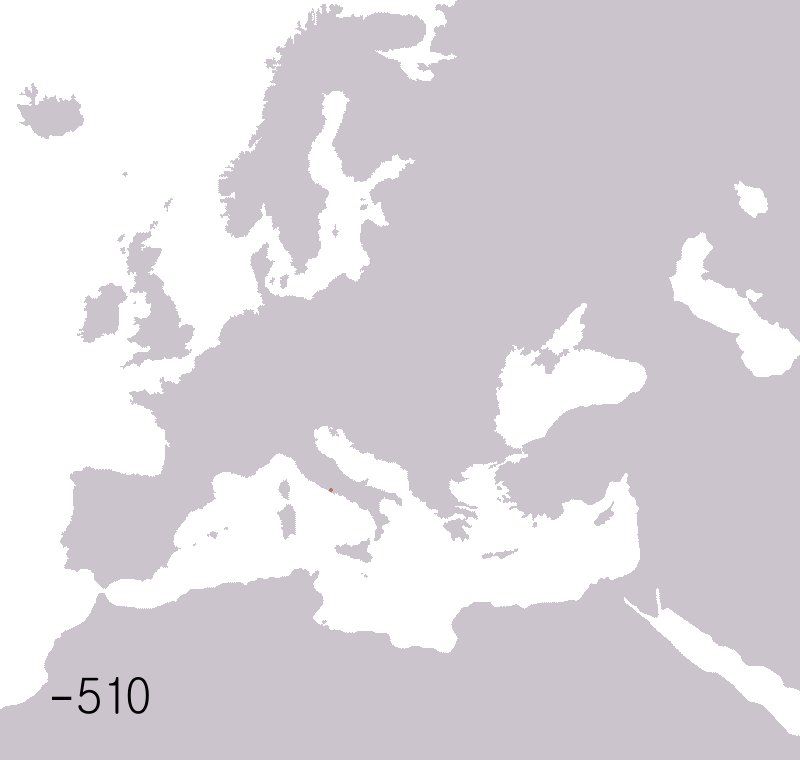London Falling
This week, some thoughts regarding the end of civilisation in Britain. Also some notes on the London place name shortage; and a map of Europe’s soil quality.
A few weeks back, at the wedding of a dear friend, I got myself in some trouble. I’d been sent to get some wine, only I’d stopped to say hello to the celebrant, who it turned out was a historian, and I’d accidentally ended up in a long conversation about the fall of the Roman Empire while my partner explained to our table that this was the sort of thing that actually happened quite frequently.
This was not something I had previously realised about myself.
But it’s true that I do think about the fall of Rome a lot. Partly, that’s because I think about the Dark Ages rather a lot, too, and the fact that history on this island starts and then stops again, that there are roughly two centuries of which we know essentially nothing – a period as long as the time that separates us from Napoleon – will never not be haunting to me. More than that, though, it’s because it is, basically, the end of a whole civilisation, the classical Mediterranean world whose roots can be traced back nearly 1,000 years. It’s the closest thing you can find in British history to the end of the world.
A helpful gif. Image: Wikimedia Commons.
A quick primer for those whose memories of the 5th century are a little hazy. Britain fell out of the empire sometime around 410, and no one much seemed to care: the province had never produced a single senator, but the large number of legions it required to keep the peace meant the local military had produced more than its share of usurping emperors, most famously and successfully Constantine. Perhaps they were glad to see the back of us. At any rate, another lifetime passed before the traditional date for the fall of the west: 476, when the last western emperor, a slightly pathetic tween by the name of Romulus Augustulus (“Little Augustus”) was finally deposed.
It’s not clear how much the premature end of Romulus’ career was noticed at the time either. The truly powerful figures in the west had, for some years, been generals and tribal kings, and Romulus himself seems to have lived on well into middle age, presumably boring the pants off everyone with stories about how he used to be emperor. Life in Rome seems to have continued quite happily for another couple of generations.
This must surely raise some questions about the phrase “the fall of Rome”. A better candidate for that title, oddly enough, was when Rome was brought back into the empire once again.
Keep reading with a 7-day free trial
Subscribe to The Newsletter of (Not Quite) Everything to keep reading this post and get 7 days of free access to the full post archives.

